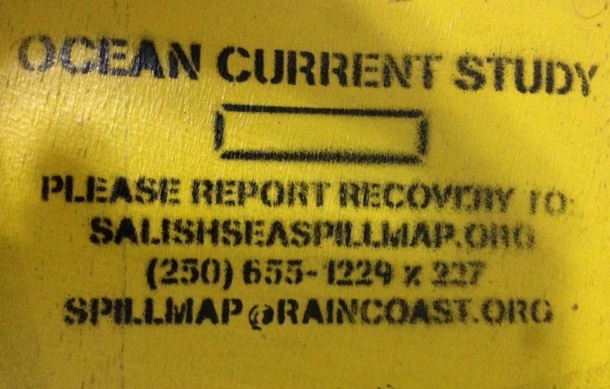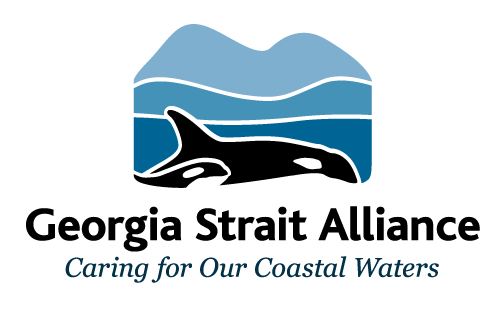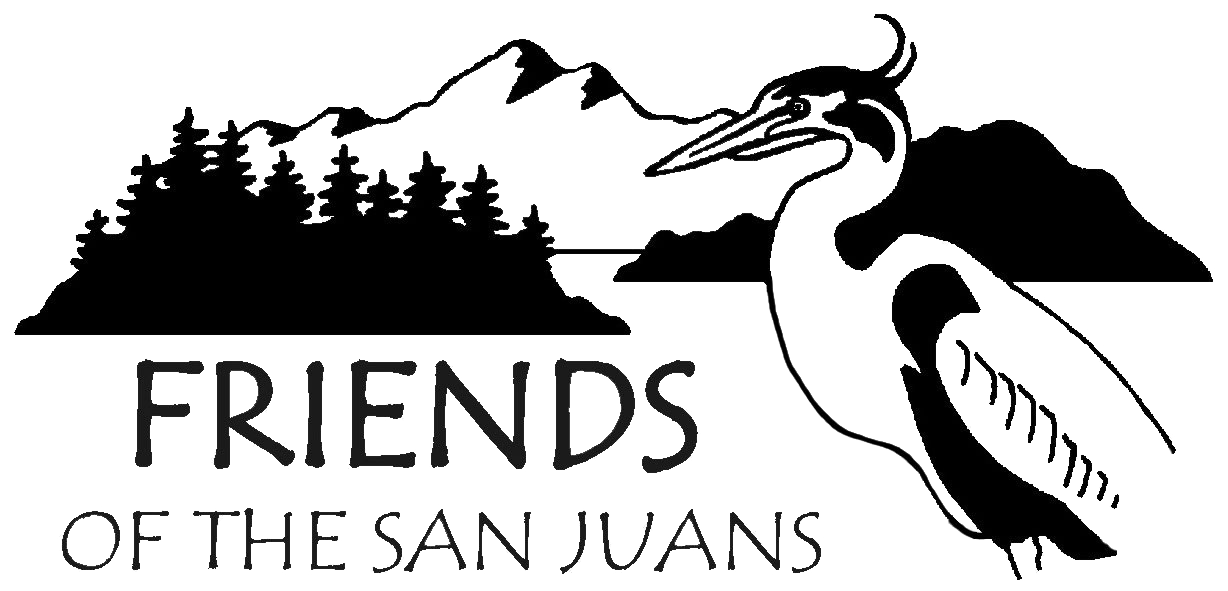The Salish Sea is one of the world’s most spectacularly beautiful and ecologically rich bodies of water, stretching from the Georgia Strait on BC's south coast to Puget Sound in Washington State and out along the Strait of Juan de Fuca. Here, hundreds of rivers meet the sea, creating a unique coastal environment that supports a huge variety of marine life, including wild salmon, endangered killer whales and hundreds of species of resident and migratory birds. The region is home to thriving tourism and fishing sectors that support tens of thousands of jobs in both BC and Washington State.
Kinder Morgan’s plan to triple the capacity of its Trans Mountain pipeline to 890,000 barrels per day would increase the number of tankers visiting Burnaby’s Westridge terminal by 500%, from roughly one per week currently to more than one per day. The new pipeline would carry diluted bitumen from Alberta’s tar sands, principally for export to foreign markets.
Oil spills
Each tanker that navigates our waters brings the risk of a catastrophic oil spill that would devastate the marine environment, our coastal economy, the “Beautiful BC” brand and Washington’s image as the “Evergreen State”, for decades to come. The provincial and federal governments have both acknowledged that we are not prepared to deal with a major spill of conventional crude oil on BC’s west coast given current traffic levels, and that the insurance available would insufficient to cover the costs of a large spill. The diluted bitumen that would be carried by the tankers adds additional risk and uncertainty: even the Canadian and US Coast Guard have little idea of how this toxic substance would behave if spilled, and therefore whether any recovery efforts would be effective.
Climate change
The tar sands oil - the dirtiest fuel on earth - that would be carried by Kinder Morgan would be responsible for millions of tonnes of carbon emissions each year. Approving the Kinder Morgan proposal would lock BC into a climate polluting path, and send a clear signal to the world: Canada will not contribute to the global effort to reduce emissions and stabilize our climate.
Our ocean and our climate are too precious to risk. We need to say ‘no’ to Kinder Morgan, and ‘yes’ to a safer, cleaner energy future.
Find out more about the risks of the Kinder Morgan proposal
 To help answer this question, we are dropping over 1000 small drift cards (4” x 6” pieces of bright yellow plywood, each with a unique serial number) at locations of higher risk of incident along the oil tanker route that runs from Burrard Inlet, through the Gulf and San Juan Islands and out into the Strait of Juan de Fuca. Just like a message in a bottle, the drift cards carry a simple message: this could be oil. When the drift cards are found and reported to us (on this site), their recovery locations will help us to map the paths oil spills might take, and how far the oil could travel.
To help answer this question, we are dropping over 1000 small drift cards (4” x 6” pieces of bright yellow plywood, each with a unique serial number) at locations of higher risk of incident along the oil tanker route that runs from Burrard Inlet, through the Gulf and San Juan Islands and out into the Strait of Juan de Fuca. Just like a message in a bottle, the drift cards carry a simple message: this could be oil. When the drift cards are found and reported to us (on this site), their recovery locations will help us to map the paths oil spills might take, and how far the oil could travel.





